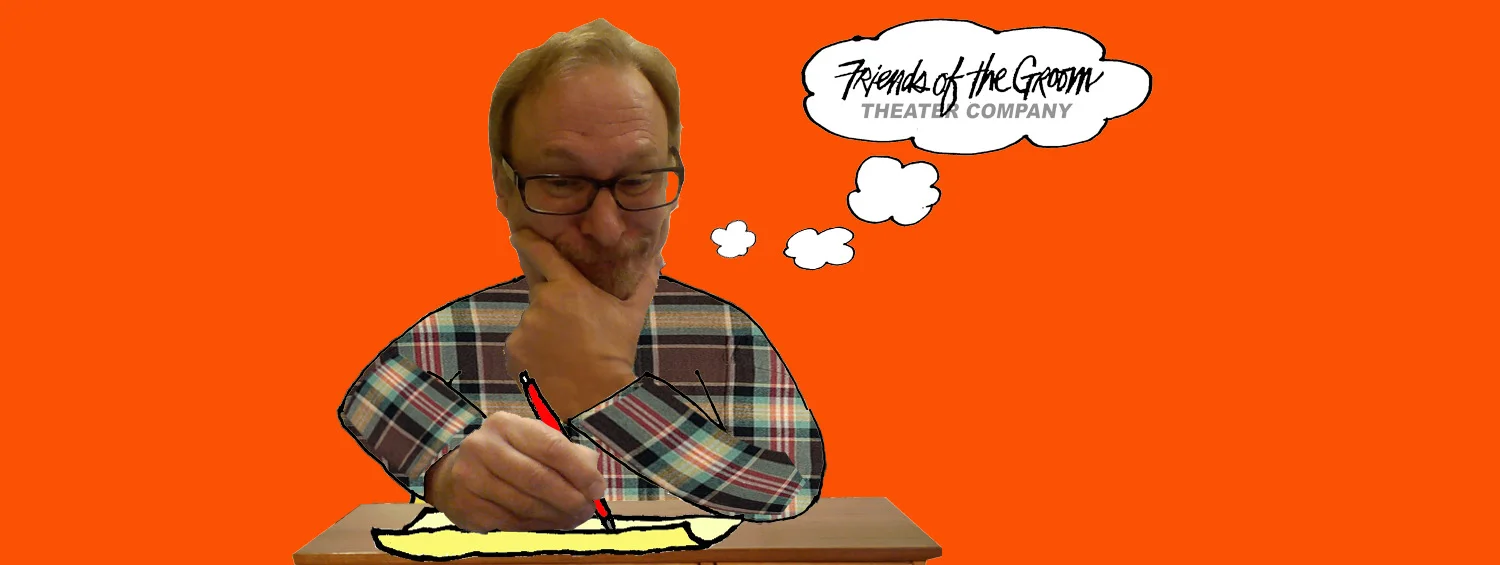RETRACTION!
/Which of the following quotes is correctly attributed to its source?
A. “To thine own self be true.” –Hezekiah 3:3
B. “85% of the information on the internet is made up.”—Abraham Lincoln.
C. “The truth will set you free.”—Jesus of Nazareth
If you guessed C, you are a certified genius. Please like this blog and share your status on Facebook!
I find the rise of “fake news” to be a truly frightening concept. Especially as I’ve watched fake news sources gleefully seize on the phrase and apply it to legitimate news sources. I feel like I’m standing in a daily blizzard of contradictory stories and “alternative facts,” blowing in with a speed that overwhelms my ability to process it, let alone fact-check its veracity. It’s exhausting. So exhausting that I’m tempted to tune it out and simply affirm those sources that agree with my already formed convictions. And I don’t think I’m alone in this feeling. Already I’ve heard thoughtful, intelligent friends say things like: “Oh well, they all lie. In the end, you can’t really know what’s accurate, so you just have to do what you think is right.” Someone else expressed a very similar sentiment when he said: “What is truth?” Was it: A) St. Paul addressing the Athenians on Mars Hill, B) Socrates questioning Plato about the nature of reality, or C) Pontius Pilate rationalizing his dismissal of Jesus’ statement: “I came into the world to testify to the truth?” If you answered C, you are correct—and you might begin to see why I’m so disturbed by my own weariness in truth seeking.
Facts can be elusive. Reality is often complex and multilayered. And we are continually forced to make decisions about what sources to trust.* But despite these difficulties, truth matters—and abandoning its pursuit reflects the worldly attitude of Pilate, and not the clear command of our Lord.
There is a difference between news sources that are biased in their attempt to find facts, and news sources that distort and invent stories in their goal to persuade. There is a difference between truth that is shaped to support predetermined conclusions, and truth that is shaped by a nuanced understanding of reality. And there is a difference between someone who correctly quotes a great spokesman of the faith; and one who feels the need to bolster their own ideas—no matter how admirable—by falsely attributing them to C.S. Lewis.
I still stand by my belief that—in our attempts to speak the truth—we must always do so in love. (Ephesians 4) And we should always ask, “Is this helpful?” before we state our opinions. But first and foremost, we need to remember we belong to the One who: “detests lying lips, but delights in those who are trustworthy.” (Proverbs 12:22.)
Afterthought:
As you may know, C.S. Lewis was a champion of the concept of non-relative truth. Here’s a few words about politics from the real Screwtape Letters by C.S. Lewis, where Lewis imagines the demon Screwtape giving advice about the best way to corrupt a Christian: “About the general connection between Christianity and politics, our position is more delicate. Certainly we do not want men to allow their Christianity to flow over into their political life, for the establishment of anything like a really just society would be a major disaster. On the other hand we do want, and want very much, to make men treat Christianity as a means; preferably, of course, as a means to their own advancement, but, failing that, as a means to anything—even to social justice. The thing to do is to get a man at first to value social justice as a thing which the Enemy demands, and then work him on to the stage at which he values Christianity because it may produce social justice. For the Enemy will not be used as a convenience…Only today I have found a passage in a Christian writer where he recommends his own version of Christianity on the ground that “only such a faith can outlast the death of old cultures and the birth of new civilizations”. You see the little rift? “Believe this, not because it is true, but for some other reason.” That’s the game.”
* Oscar Wilde said: “The truth is rarely pure and never simple.” (True or False? If you said True, give yourself another ten points.)
